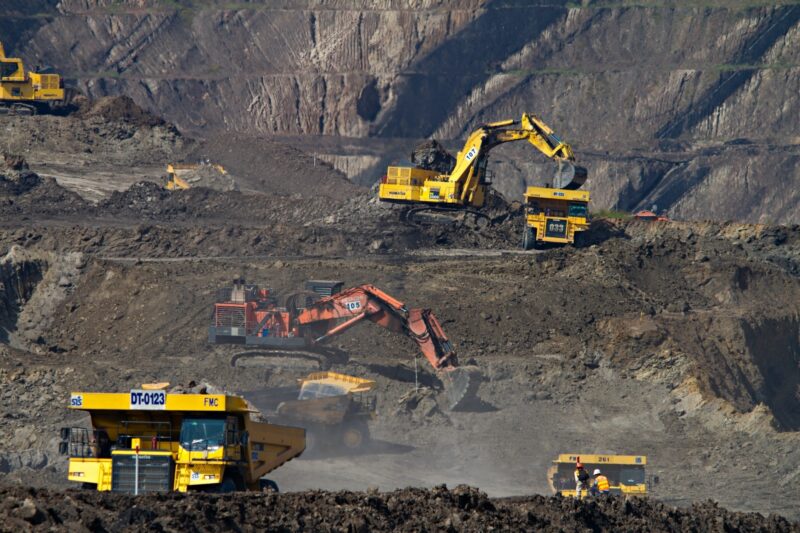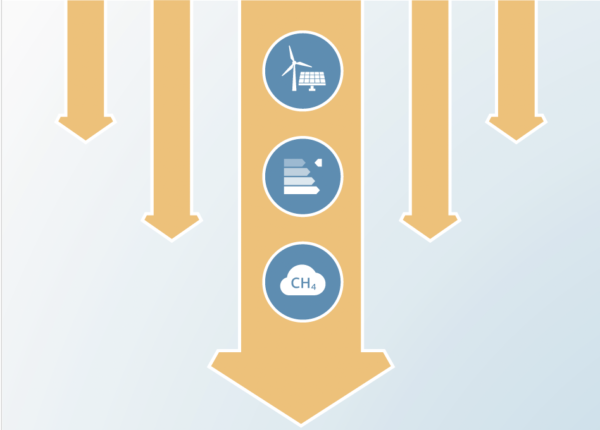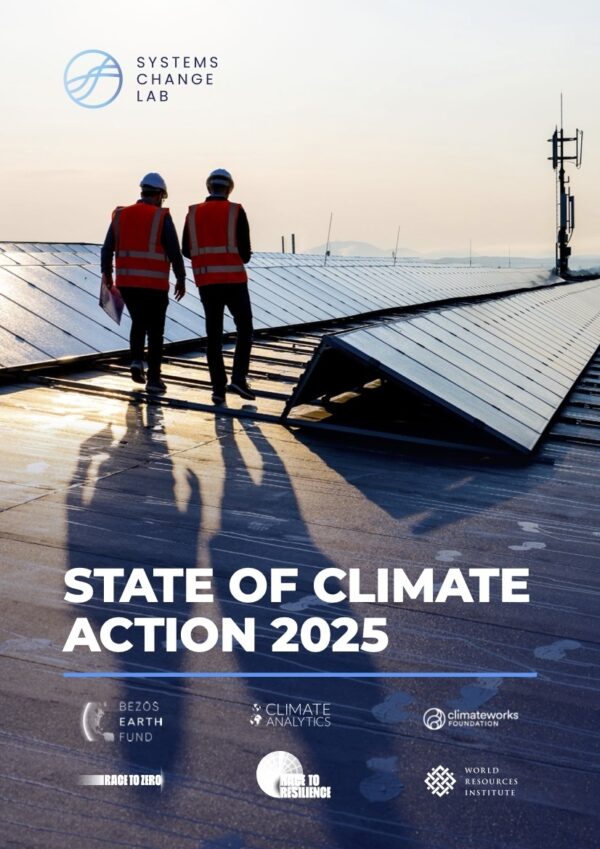Coal's rapid phase-out essential, not enough to stay below 2°C warming
Authors
Bill Hare, Michiel Schaeffer, Fabio Sferra, Marie Lindberg, Johannes Gütschow, Niklas Höhne, Hanna Fekete, Louise Jeffery, Marcia Rocha, Cindy Baxter, Karlien Wouters

A rapid phase-out of coal as an electricity source by 2050 would reduce warming by half a degree, according to the Climate Action Tracker, in an update released today ahead of the Ban Ki-moon climate summit. The Climate Action Tracker, put together by research organisations Climate Analytics, Ecofys, and the PIK Potsdam Institute, has calculated that under current Government policies, the world is on track to warm by 3.7°C by 2100.
The latest update looks at the effect of phasing out fossil fuels in the electricity sector. The CAT team ran a number of scenarios around phasing out fossil fuel emissions from the sector, which produces around 40% of global C02 emissions. The electricity sector needs to be decarbonised faster than other sectors, but instead is heading in the opposite direction, increasing carbon intensity and significantly driven by increased coal use, and making it one of the largest sources of recent carbon emission increases. The CAT scientists calculated that rapidly phasing out coal by 2050 would bring down warming by 0.5°C.
The CAT also found that switching from coal to gas would only achieve 25-45% of what could be obtained by the entire electricity sector switching to renewable energy. Aside from slowing warming, a rapid phase-out of coal would also bring multiple environmental and health benefits: in 2010, coal plants produced 24% of the world’s mercury emissions and causes smog and severe health problems, particularly in densely populated areas.











